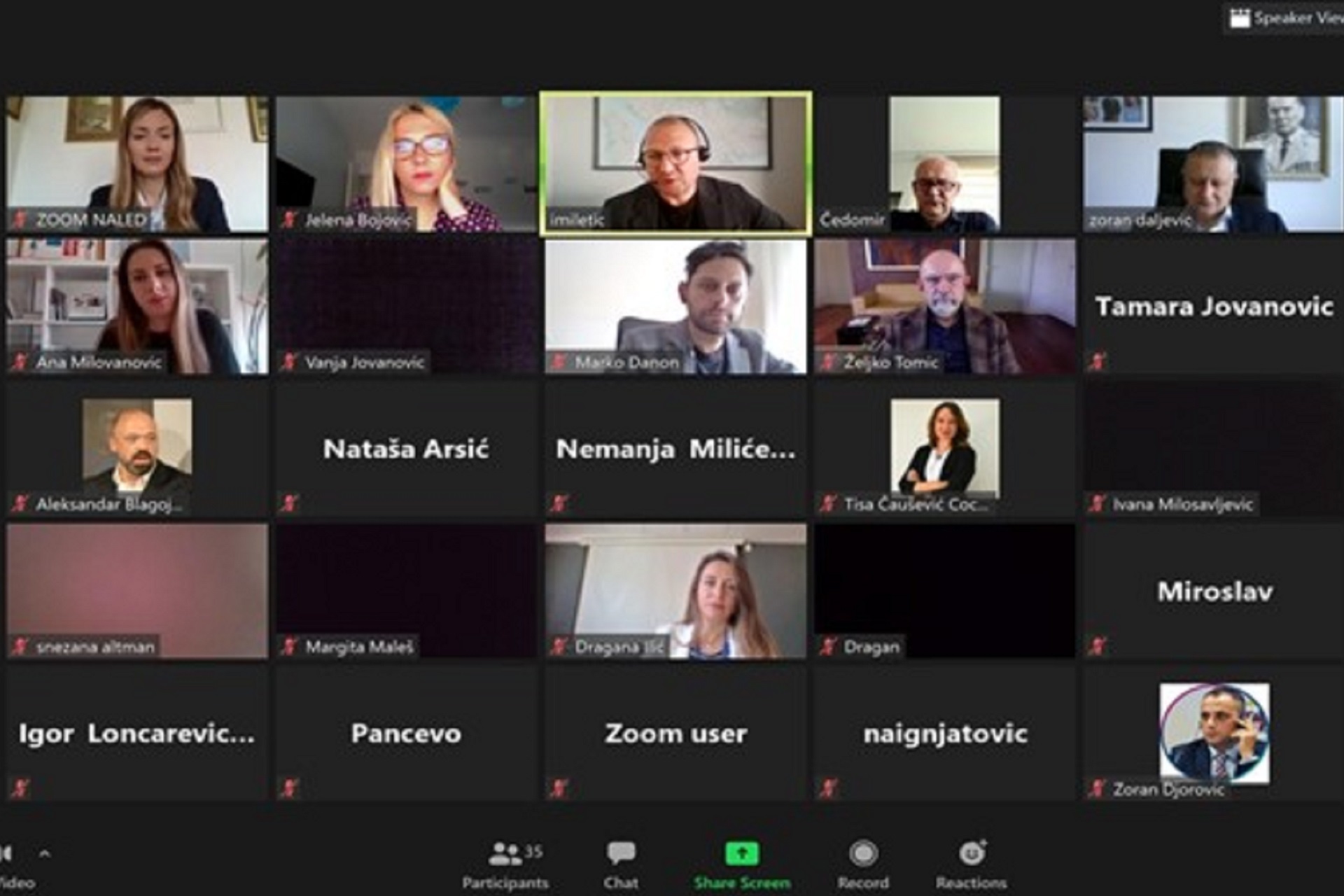Five most important novelties in the Law on Electronic Communication
In the next year, the citizens of Serbia should have complete freedom of choosing their operator providing mobile or fixed telephony, internet and television services. Who we choose as an operator will no longer depend solely on whether their cable reaches our apartment or house. It is one of the key novelties of the Law on Electronic Communications.
The new law mandates that all providers have equal access to already built infrastructure such as antennas, towers, poles, channels, lines in buildings, cable sewers, etc.
- The main idea is to improve the development of the telecommunications infrastructure. Instead of each operator building its own infrastructure, equal access will enable the sharing of already installed facilities, which will contribute to cost reduction and more efficient use of resources. Also, with this approach, the creation of a fair and competitive environment for all market participants is achieved - says Dragana Ilić, Corporate Affairs Director at the CETIN company and President of the eGovernment Alliance in NALED.
Direct support for changes in the law was provided by NALED through the project "Serbia at Your Fingertips - Digital Transformation for Development" financed by the UNDP fund. Representatives of more than 20 state bodies, the Regulatory Agency for Electronic Communications and Postal Services (RATEL), the Regulatory Agency for Electronic Media (REM), the Foreign Investors Council, the National Convention on the European Union and experts from the economy.
Another important novelty is the introduction of mandatory registration of existing and new prepaid mobile phone users. This solution achieves greater legal certainty and, above all, security, because it facilitates the finding of perpetrators of crimes who most often use prepaid numbers to commit them, and enables easier and faster user identification.
- In the current situation, it happened that some users denied that they used the services, and there was no evidence to confirm this, and in the future such practice will be impossible - Ilić points out and adds that the registration will most likely be done through the eGovernment Portal, which would made it possible for all citizens who have an account on the Portal to complete this procedure quickly and efficiently, but there will also be an option to complete it live, in the operator's branches. This novelty will contribute to another wave of increase in users of electronic services, i.e. eCitizens, which is another positive aspect of this change.
Taking into account the current trends in the field of digitization and the growing presence of citizens in the online world, the third important novelty of the law is the introduction of the obligation to issue eInvoices. All users will have the opportunity to gain insight into monthly charges via email or mobile phone application, and potentially via SMS. In this way, according to the earlier statements of the Minister of Information and Telecommunications, significant savings in money, time and paper are achieved and contribute to the preservation of the environment (bills are now printed on about 120 million pieces of paper per year).
The fourth key innovation introduced an obligation for all companies to allow end-users to call numbers starting with 116 free of charge, such as the Call Center for Missing Children (116000) and the Call Center for Helping Children (116111).
Finally, the amendments to the Law on Electronic Communications allow operators to jointly invest or jointly finance networks for the transmission of large amounts of data such as high-resolution videos at high speed and reliability, but it also introduces the obligation that all new buildings and reconstructed commercial and residential buildings have a designed and built optics.
The law is harmonized with the current EU directive on the establishment of the European Electronic Communications Code, which is the basis of the current EU regulatory framework in the field of electronic communications.





